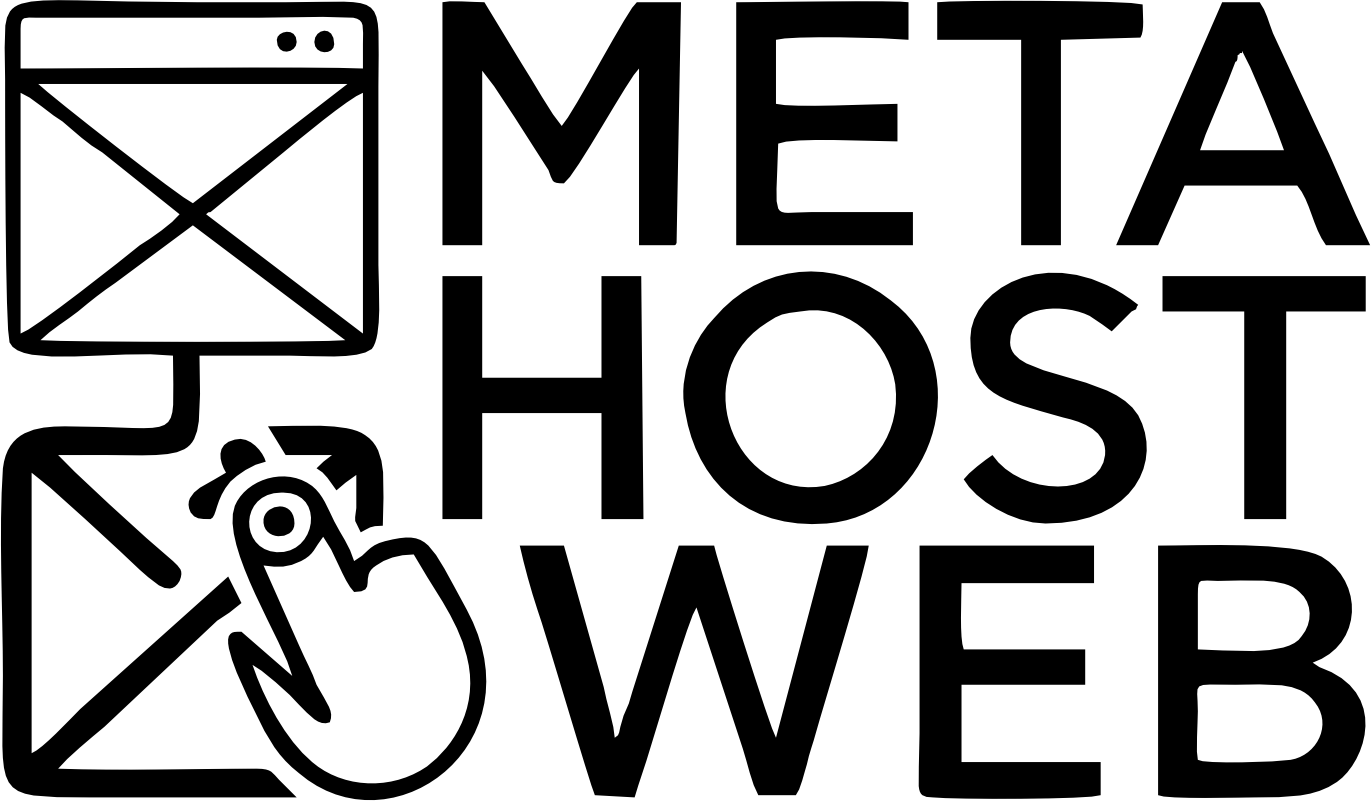Choosing the right web hosting plan is one of the most important decisions you’ll make when launching a business website. A reliable hosting service ensures that your site performs well, loads quickly, and remains accessible to visitors at all times. With so many options available, it can be challenging to decide which hosting plan is best suited to your business needs.
In this blog, we’ll walk you through the key factors to consider when choosing a web hosting plan, so you can make an informed decision that supports your business goals.
1. Understand Your Business Needs
Before selecting a web hosting plan, it’s essential to understand your business’s specific needs. Ask yourself a few questions to help define what you need:
-
How large is your website? If you’re launching a small business site with just a few pages, shared hosting might be enough. However, if you have an e-commerce store or plan to host large amounts of content, you may need a more robust hosting plan.
-
What kind of traffic are you expecting? If you anticipate high levels of traffic, such as spikes during sales or promotions, you’ll need a hosting plan that can handle that demand.
-
Do you need specialized software or features? For example, e-commerce websites need SSL certificates and payment processing capabilities, while a blog may require a content management system (CMS) like WordPress.
Understanding your website’s goals and functionality requirements is crucial to choosing the right hosting plan.
2. Types of Web Hosting Plans
There are several types of web hosting plans, each designed for different levels of complexity and traffic. Here’s a breakdown of the most common options:
Shared Hosting
Shared hosting is an affordable and popular option for small businesses with limited traffic. In this setup, multiple websites share the same server resources, which can make it less powerful but cost-effective. This option is ideal if you’re just starting and don’t expect a lot of visitors.
Pros:
-
Budget-friendly
-
Easy to set up and manage
-
Ideal for smaller websites with lower traffic
Cons:
-
Limited resources (CPU, memory)
-
Can experience slowdowns if other sites on the same server get a lot of traffic
Virtual Private Server (VPS) Hosting
VPS hosting provides more power and control than shared hosting. While you still share a server with other sites, you have your own allocated resources, meaning your website is less likely to be impacted by others’ traffic. VPS hosting is ideal for businesses that need more flexibility and scalability.
Pros:
-
More resources and flexibility than shared hosting
-
Greater control over your server environment
-
Can handle medium to high traffic websites
Cons:
-
More expensive than shared hosting
-
Requires technical knowledge to manage
Dedicated Hosting
Dedicated hosting gives your website its own server, providing maximum performance, control, and security. This is best for large businesses with high traffic volumes or websites that require specialized configurations. Dedicated hosting allows you to customize the server to your needs but comes with a higher price tag.
Pros:
-
Full control over the server
-
High performance and reliability
-
Ideal for large websites with high traffic
Cons:
-
Expensive
-
Requires more technical knowledge to manage
Cloud Hosting
Cloud hosting is a modern and scalable solution where your website is hosted across a network of servers, allowing it to grow as your business grows. With cloud hosting, you can scale your resources up or down based on traffic needs, making it ideal for businesses that experience fluctuating traffic levels.
Pros:
-
Scalable and flexible
-
High uptime and reliability
-
Pay-as-you-go pricing models
Cons:
-
Can be more expensive
-
Potential for higher costs with increased usage
Managed WordPress Hosting
If you’re using WordPress for your website, managed WordPress hosting is an excellent choice. It’s designed to make WordPress hosting easier by providing automatic updates, security monitoring, and performance optimization.
Pros:
-
Optimized for WordPress performance
-
Automatic backups, security, and updates
-
Ideal for business owners who want to focus on content, not maintenance
Cons:
-
Can be more expensive than shared hosting
-
Limited to WordPress websites
3. Consider Your Budget
Your hosting plan should be an investment in your business, but it should also align with your budget. While shared hosting is the most affordable, it might not be sufficient as your website grows. Be realistic about what you need and how much you’re willing to spend.
Tip: Some hosting providers offer introductory prices that are significantly lower, but be sure to check what the renewal rate will be after the first term. Make sure the long-term cost fits your budget.
4. Evaluate Website Performance
Website speed and uptime are crucial for both user experience and SEO. A slow-loading website can drive visitors away, and prolonged downtime can harm your business’s credibility. Look for hosting providers that offer high uptime guarantees (99.9% or better) and fast server speeds.
Tip: Consider hosting providers with Content Delivery Network (CDN) integration, which can speed up website load times for visitors in different regions.
5. Check Customer Support and Resources
When something goes wrong with your website, you need fast and efficient support. Look for hosting providers that offer 24/7 customer support via phone, live chat, or email. A helpful knowledge base and a user-friendly control panel can also make your experience much easier.
Tip: Test the customer support response time and quality before committing to a hosting plan. This will give you peace of mind knowing you can get help when you need it.
6. Ensure Security Features
Security is a top concern for any website, especially if you handle sensitive customer information. Ensure that your hosting plan includes essential security features such as SSL certificates, firewalls, malware scanning, and DDoS protection.
Tip: If you’re running an e-commerce site, you’ll need an SSL certificate to protect customer transactions and personal data. Some hosting plans include this as a part of the package, while others may require it to be added separately.
7. Look for Scalability
Your business will likely grow over time, and your hosting needs may change. Ensure that your hosting plan can scale with your business. Look for providers that offer easy upgrades from shared hosting to VPS or dedicated hosting, or ones that support cloud hosting for flexible resource management.
Conclusion
Choosing the right web hosting plan for your business is essential to ensure your website runs smoothly and is accessible to visitors. By understanding your business needs, evaluating different types of hosting options, considering your budget, and paying attention to factors like security and customer support, you can make an informed decision.
Whether you’re just starting with a small website or running a large e-commerce store, MetaHost Web offers a variety of hosting plans tailored to your needs. With reliable support, fast speeds, and scalable solutions, you can be confident that your website will be in good hands.
Start by assessing your business’s needs, and don’t hesitate to contact a hosting expert to help guide you toward the best plan for your website’s success.

